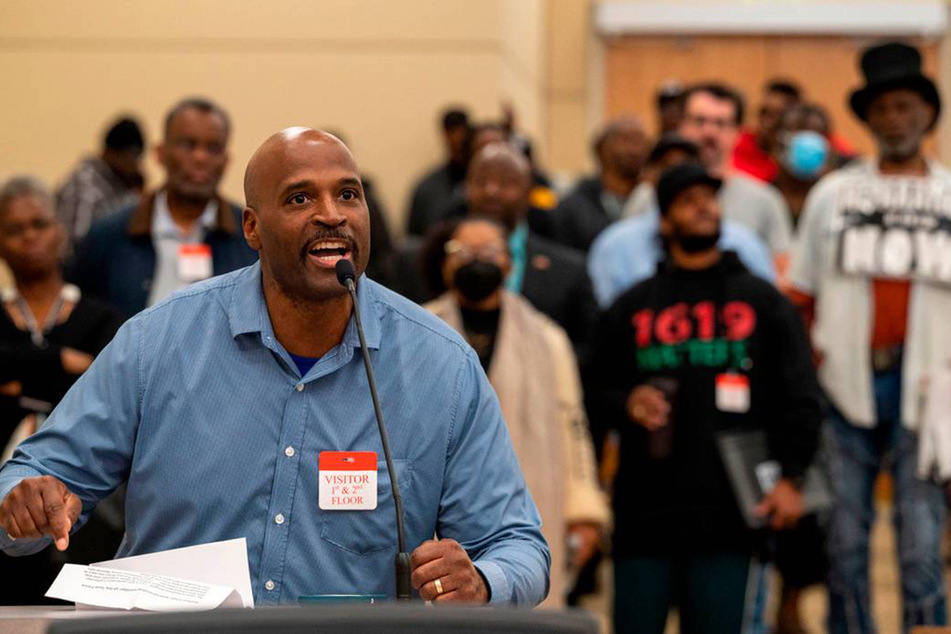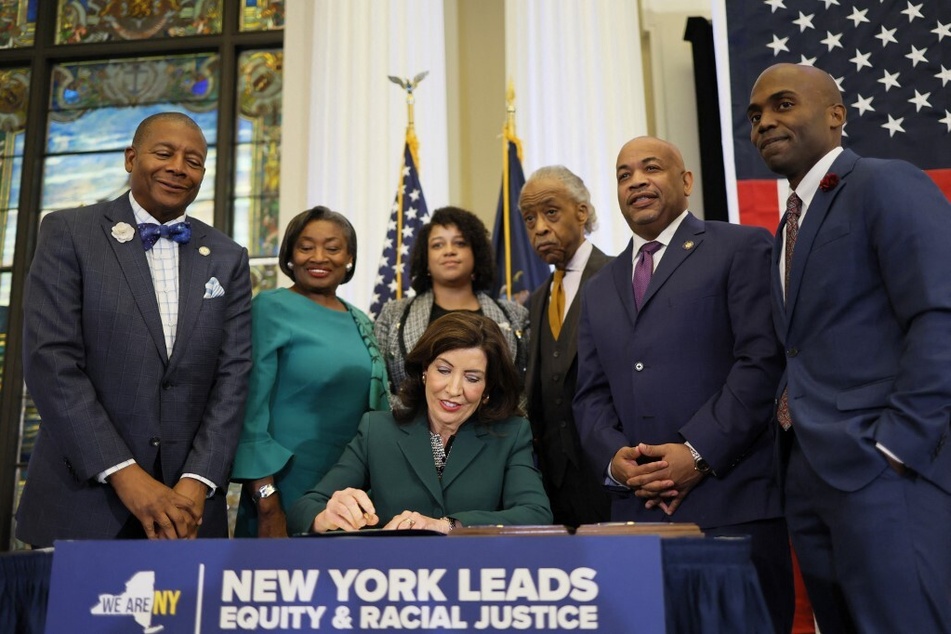Reparations in 2023: Biggest wins in a historic year for reparatory justice
This year chalked up significant gains for the reparations movement. TAG24 is looking back on some of 2023's biggest wins for reparatory justice, but also forward at what's to come.

Around the world, historically oppressed peoples are rising up to demand acknowledgement and repair for ongoing harms from former and current colonial powers, and the US is no exception.
2023 proved a historic year in the US reparations movement as task forces and commissions made significant strides to address the damages wrought through enslavement and racial discrimination.
These positive developments have not come without backlash. The past year was also marked by rightwing efforts to suppress Black history and representation in schools and to shut down diversity, equity, and inclusion (DEI) programs, as well as the Supreme Court's decision to strike down affirmative action at colleges and universities.
Those attacks have extended to the reparations movement, as Republican Congressman Brian Babin introduced legislation to ban federal financial assistance to state and municipal governments operating reparations programs for Black Americans. In November, Florida state Senator Blaise Ingoglia authored a bill to ban reparations payments to Black Americans who descend from enslaved people.
Conservative forces have not stopped advocates from advancing the cause of justice, moving reparations from a fringe idea to an ever-more-concrete reality.
Here are some of the biggest developments in the US reparations movement in 2023, and what to expect in 2024.
Biggest wins for reparations in 2023

California made history this June as the state’s Reparations Task Force, led by Chair Kamilah Moore, released its final report and recommendations. Over more than 1,100 pages, the nine-member body laid out the ongoing damages of anti-Black policies plaguing Black Californians and developed more than 115 policy proposals to right those wrongs.
New York is seeking to follow up on that success after Governor Kathy Hochul signed legislation to create a nine-member reparations commission, expected to launch in the new year.
In New Jersey, racial justice advocates convened a first-of-its-kind Reparations Council and held two virtual public hearings on the history of slavery and segregation in the state, even as they continue to push for legislative action.
At the municipal level, new task forces have cropped up in cities across the country, building on the precedent set by Evanston, Illinois. San Francisco, California, issued its final report in July, and Amherst, Massachusetts, followed suit in September, though challenges remain in the implementation of the recommendations.
The push for reparations continues in Tulsa, Oklahoma, where the last-known living survivors of the city’s infamous 1921 race massacre are pursuing a high-stakes legal battle for restitution. Survivors Viola Ford Fletcher and Lessie Benningfield Randle turned 109 this year, while 102-year-old Hughes Van Ellis passed away in October without receiving the acknowledgment and compensation he was due.
At the federal level, President Joe Biden has still not acted on calls to create a reparations commission by executive order, but the campaign got a big boost after Congresswoman Cori Bush introduced her Reparations Now resolution in May.
What to expect for reparations in 2024

After this year's huge successes, reparations advocates don't look like they will be slowing down in 2024.
Reparationists are organizing to ensure the New York commission will remain accountable to Black communities as they eagerly await the announcement of the body's nine members.
Racial justice advocates in the neighboring state of New Jersey will keep up their calls for a legislative reparations commission as the Reparations Council prepares to issue its interim report on Juneteenth 2024.
In Tennessee, state Representative Justin Jones has announced plans to introduce reparations legislation in 2024. If passed, his would become the first Southern state to authorize a commission.
Meanwhile, the fight to implement the recommendations of the California task force will continue, as advocates push that it is not enough just to study the question of redress.
More cities and counties are likely to launch reparations studies in 2024, as many of the task forces formed this year are set to begin or continue their work.
All of these developments are expected to spur growing calls for a federal reparations commission by executive order, particularly as President Joe Biden seeks to win support from Black Americans – a key Democratic Party voting bloc – in a time of increased dissatisfaction with his administration.
The president, who pledged support for a reparations study commission in 2020, will probably face added pressure to put some action behind his words as the 2024 race heats up.
Cover photo: MICHAEL M. SANTIAGO / GETTY IMAGES NORTH AMERICA / GETTY IMAGES VIA AFP

